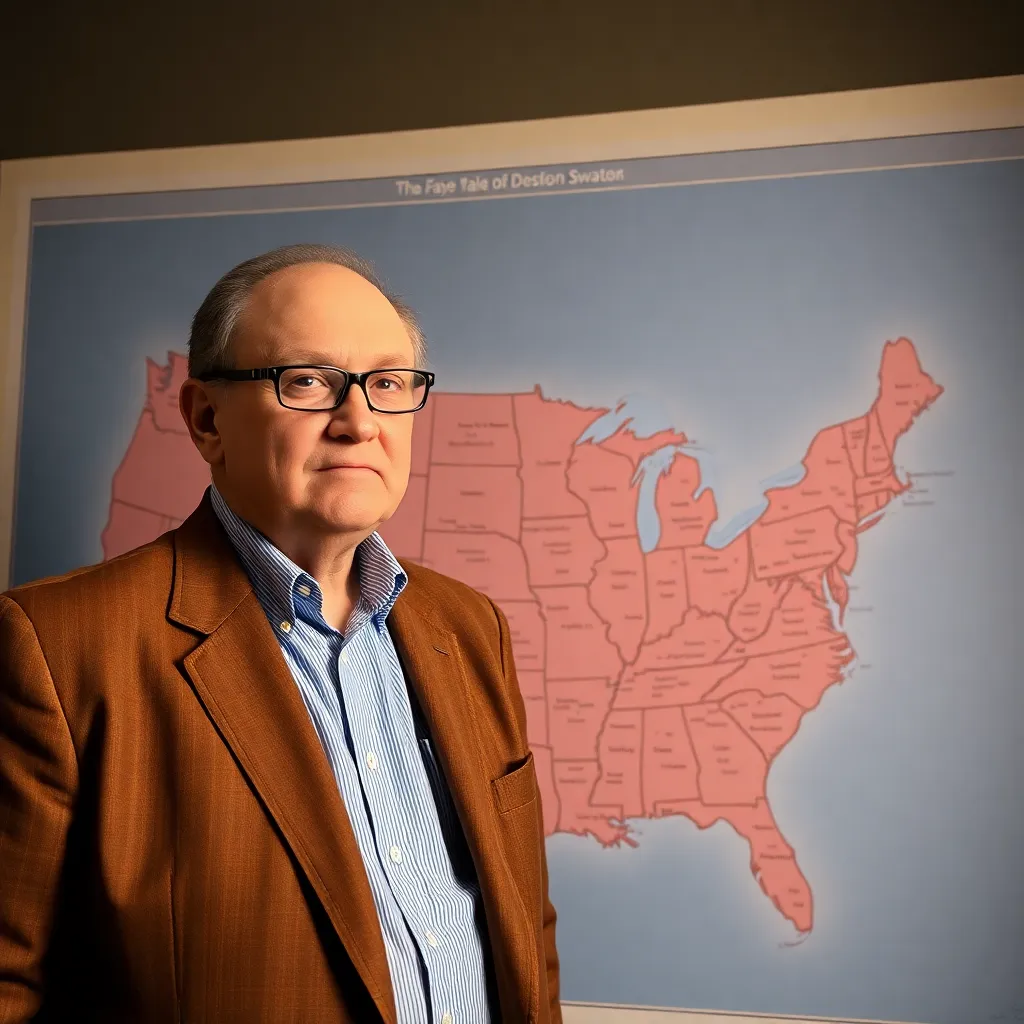
The high-profile case of Mahmoud Khalil has been making headlines recently, with a key development involving an immigration judge in Louisiana ruling that Khalil can be deported back to his native Egypt. However, the debate surrounding Khalil’s fate has shifted attention to a more fundamental question: what is the right to be in the United States?
According to Alan Dershowitz, a renowned attorney and Harvard Law professor, the Khalil case highlights the complexities of immigration law and the need for clarity on who is eligible to remain in the country. “The right to be in the US is not just about being born here or having family ties,” Dershowitz argued during an appearance on ‘CUOMO’. “It’s also about whether someone has been convicted of a serious crime, such as terrorism or human trafficking, and whether their presence in the country poses a threat to national security.”
The Louisiana immigration judge’s ruling that Khalil can be deported has sparked controversy, with many arguing that it sets a dangerous precedent for other immigrants facing similar charges. Dershowitz agrees, stating that the case underscores the need for more nuanced consideration of individual circumstances when determining deportations.
“I understand that law enforcement agencies have to make tough decisions about who is eligible to remain in the country,” Dershowitz said. “However, we must balance those decisions with our moral obligation to treat all individuals fairly and without prejudice.”
The Khalil case has sparked a broader national conversation about immigration reform and the rights of undocumented immigrants. As the debate continues, one thing is clear: the right to be in the US is not simply a matter of policy, but also a deeply personal question that touches on our values as a society.
Dershowitz’s comments have been widely cited in the media, with many outlets noting his expertise on immigration law and policy. The Harvard Law professor has long been an advocate for comprehensive immigration reform, arguing that such policies can help address the complexities of our nation’s immigration system.
As the Khalil case continues to unfold, it is likely that Dershowitz will remain a vocal voice on the issue, pushing for greater clarity and fairness in our country’s treatment of immigrants.





